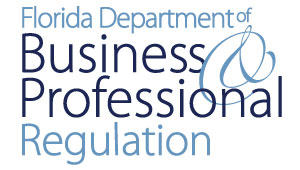BLOG
Community association attorneys are often asked about the lack of uniformity in the Florida laws and regulations for condominium associations and those for homeowners associations. There are many differences between the statutes governing condominium associations and those for HOAs, and condominiums are much more heavily regulated.
In fact, all condominium associations in the state must pay an annual fee to fund the Florida Department of Business and Professional Regulation’s Division of Condominiums, which serves to provide regulatory oversight over condominium association elections and disputes stemming from the actions of their members and boards of directors.
Homeowners associations have been excluded from the purview of this state agency since its inception, which, among other things, has created significant discrepancies in the laws governing these different types of community associations involving their elections, meetings, board recalls, vendor contracts, and other areas. However, a bill that was introduced by Rep. John Cortes of Osceola County seeks to change that and bring HOAs under the regulatory oversight of the state agency.
HB 653 represents potentially sweeping changes for HOAs in Florida. It seeks to rename the state agency in order to add homeowners associations to its name; authorize the agency to investigate certain complaints involving HOAs, conduct related investigations and adopt penalty guidelines; have HOAs pay an annual fee to fund the agency, provide notices for certain meetings, impose certain fines, and revise annual meeting requirements; and it provides for changes to the provisions relating to the transition of association control, and the requirements for voting by general and limited proxy and for board elections and vacancies.
The bill calls for the state agency to oversee the mediation of HOA disputes and maintain a list of certified mediators who the associations must use for these proceedings. HOA elections, which have historically been left to the protocols and procedures established under their respective declarations, would be required to adhere to the process that has been in place for condominium associations.
The changes involving elections are very significant, as are the measures pertaining to meeting notice procedures. If the bill is passed and these new provisions go into effect on July 1, 2016, HOAs across the state will need to be prepared to make dramatic changes to many of their policies and procedures. This will undoubtedly present some serious difficulties and challenges for many associations that have grown accustomed to their previous protocols over the years and decades, but the introduction of this bill appears to send the message that the time for uniformity in the state’s laws governing condominium and homeowners associations may now be upon us.


